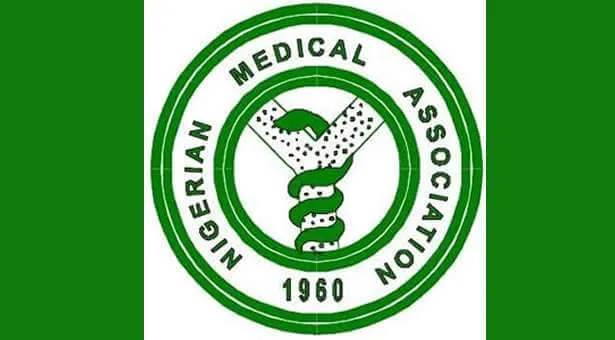Ola Akinwunmi
The Nigerian Medical Association (NMA) has issued a clarion call to federal and state governments to prioritize the welfare of medical professionals, warning that failure to address systemic gaps could exacerbate Nigeria’s worsening exodus of doctors, colloquially termed the “japa syndrome.”
Speaking at a grand reception in Uyo, NMA President Prof. Bala Audu emphasized that retaining medical talent requires urgent investment in better working conditions, equitable pay, and upgraded infrastructure. The event, organized by the Akwa Ibom State chapter of the NMA, honored newly appointed state commissioners and advisers with medical backgrounds, including the Senior Special Assistant (Medical) and SSA (Insurance).
Audu acknowledged that the shortage of healthcare workers is a global challenge but stressed that Nigeria’s “japa syndrome” — a wave of professionals migrating abroad for better opportunities — demands localized solutions. “The entire world is experiencing a shortage of medical workers, but retaining ours requires employers, especially governments, to prioritize welfare,” he said. “Doctors need environments where they can thrive, not just survive.”
The NMA president commended Akwa Ibom State Governor Umo Eno for implementing a health workforce retention policy aimed at improving incentives for medical personnel. However, he urged the governor to ensure “universal applicability of standards” across all healthcare facilities, particularly state-owned teaching hospitals.
“Infrastructure must be upgraded, equipment functional, and staffing adequate. Without these, even the best policies will falter,” Audu asserted.
Governor Eno’s ARISE agenda, which includes healthcare reforms, has drawn praise for appointing three medical professionals to the state’s executive council. Yet Audu cautioned that appointments alone are insufficient, urging tangible investments to match political gestures.
Dr. Aniekan Peter, Chairman of the NMA in Akwa Ibom, echoed these sentiments, pledging the association’s support for the new commissioners while demanding accountability. “We stand with the governor to ensure healthcare remains a priority, but medical personnel’s welfare must reach its zenith,” he said.
Peter also highlighted the NMA’s ongoing health center initiative, launched in March 2024, which has partnered with organizations like the ECWS and teaching hospitals to expand rural healthcare access.
Nigeria’s healthcare system has long grappled with underfunding and brain drain, with the World Health Organization (WHO) estimating a doctor-to-patient ratio of 1:5,000 — far below the recommended 1:600. Over 5,000 Nigerian doctors relocated to the UK alone between 2021 and 2023, according to the General Medical Council.
While the NMA’s appeal reveals a critical juncture for Nigerian healthcare, stakeholders warn that without swift, systemic action, the “japa” trend could further cripple an already strained sector. As Prof. Audu concluded, “Retaining our doctors isn’t just about salaries — it’s about dignity, safety, and giving them the tools to save lives.”
For now, all eyes remain on state and federal responses to what many deem a make-or-break moment for Nigeria’s health future.

